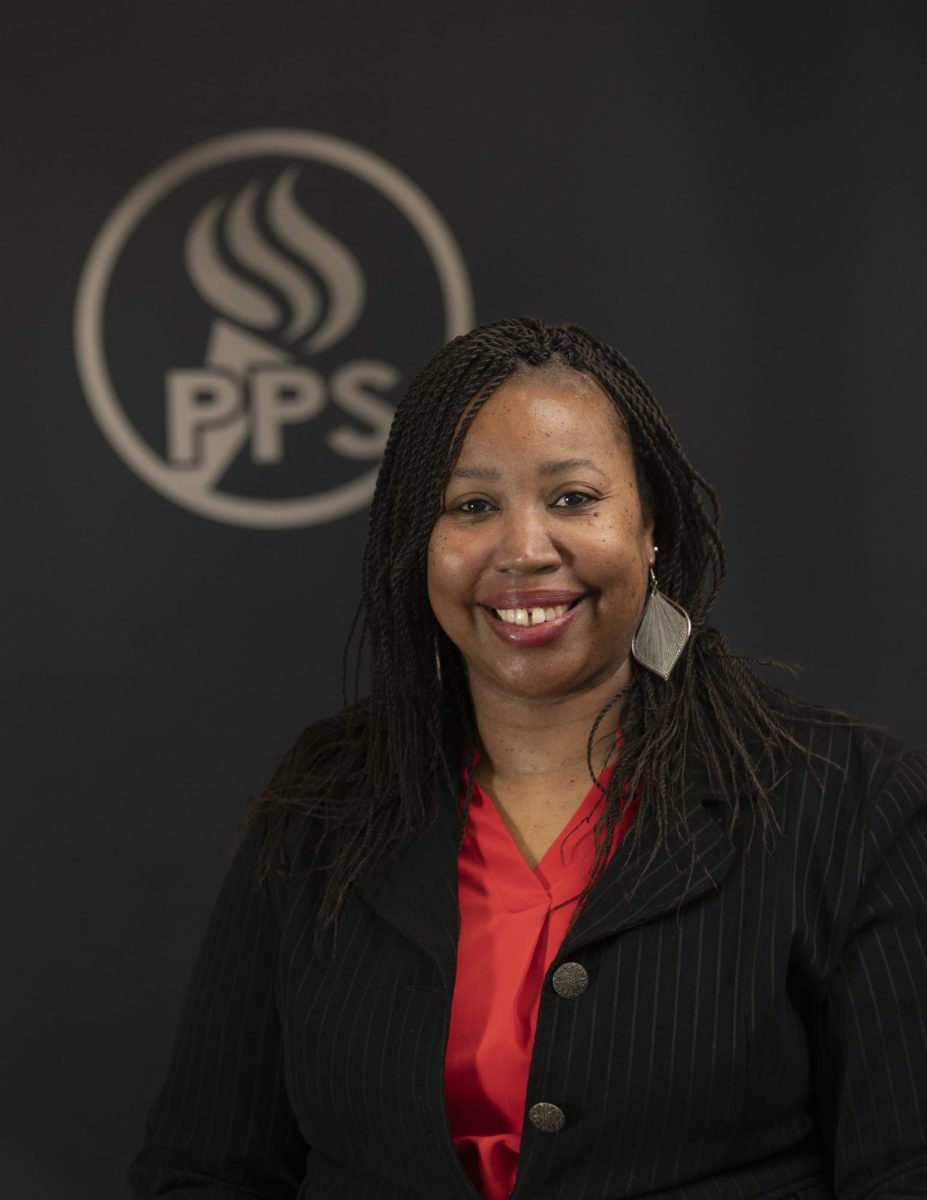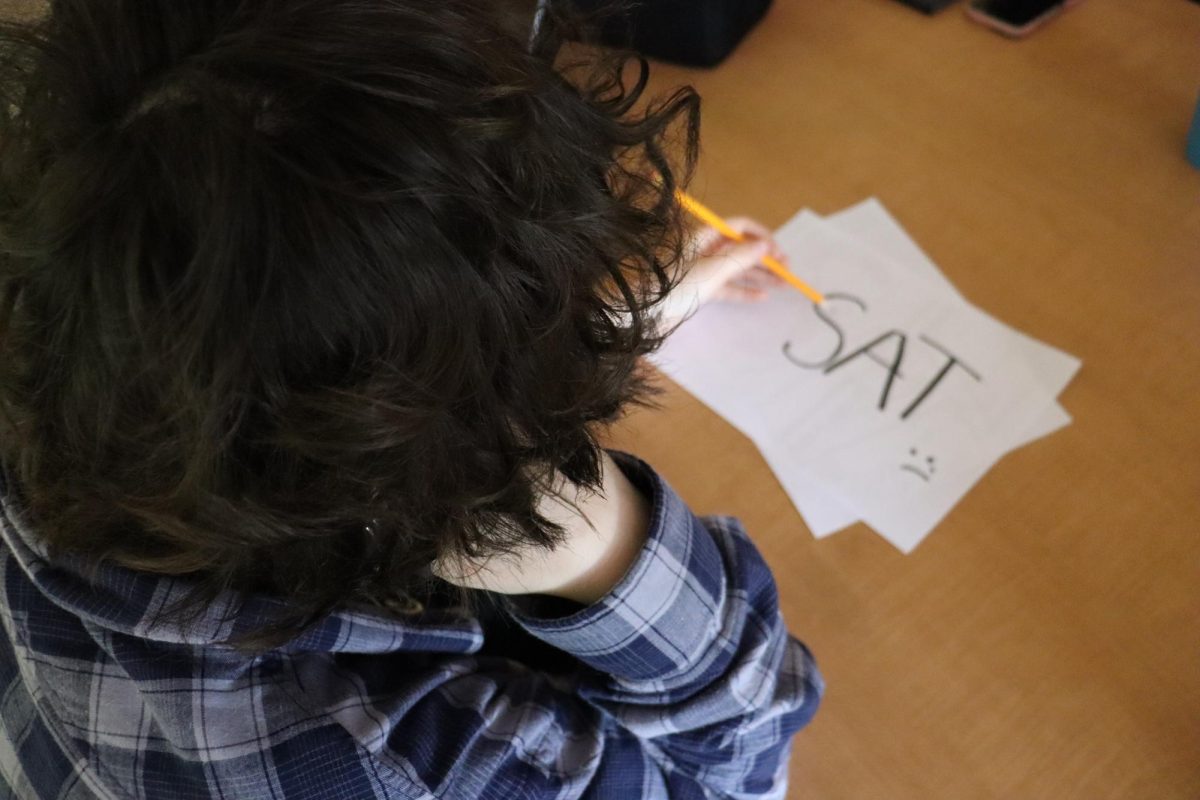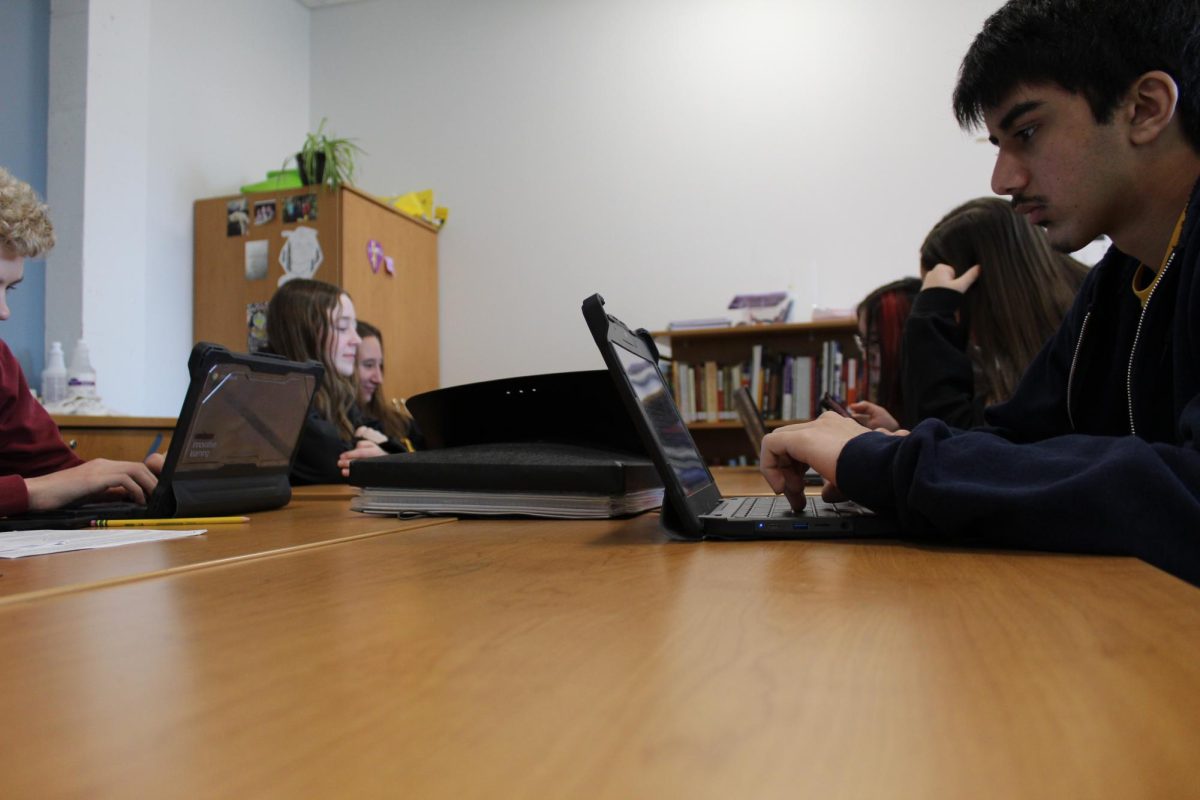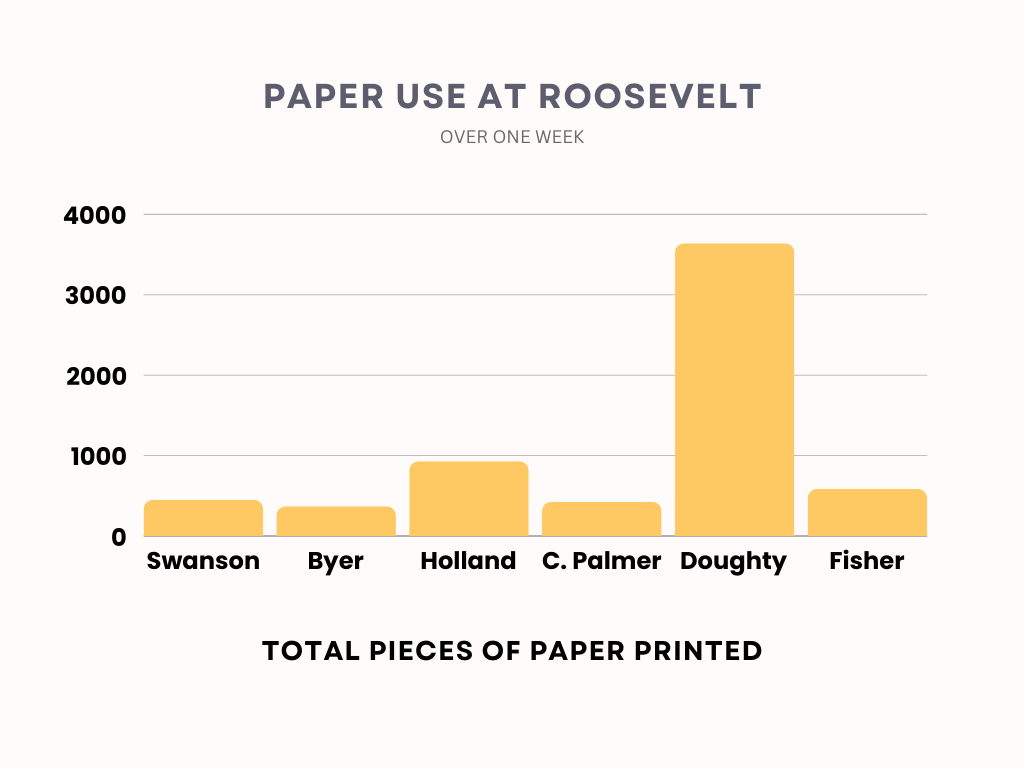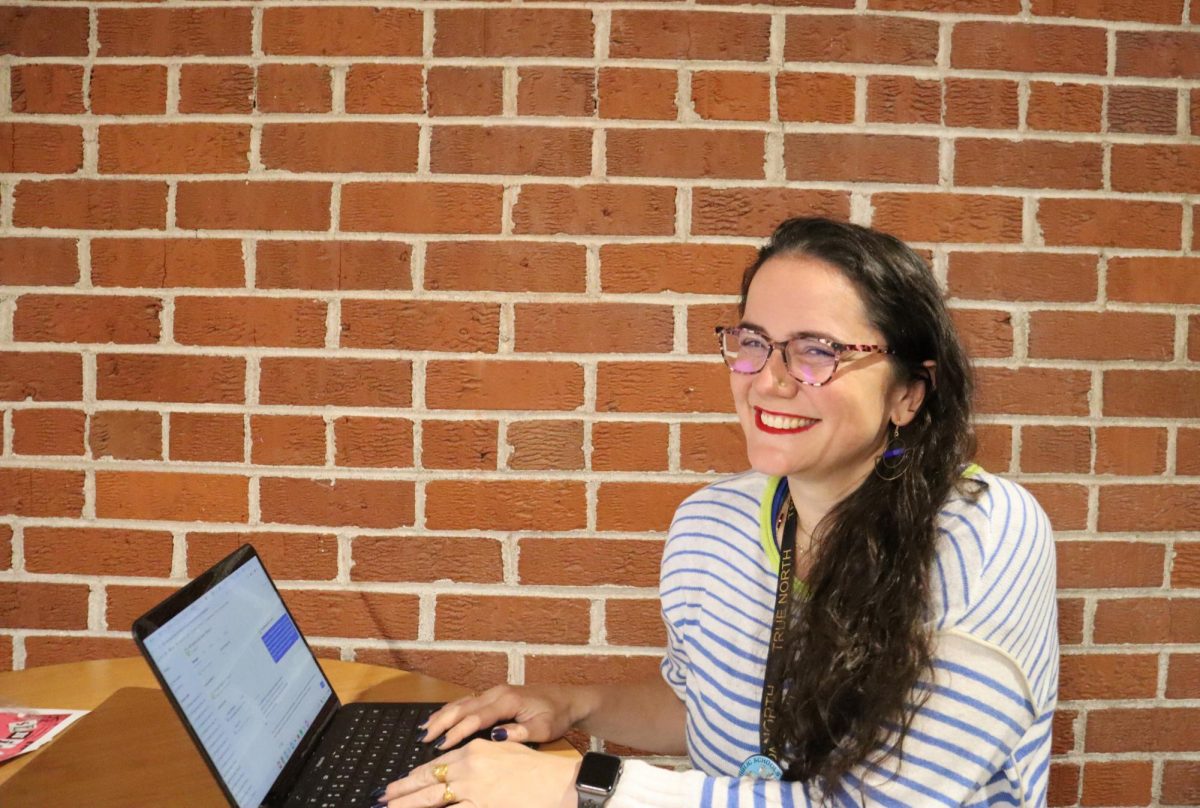Ask A Therapist #1
This issue’s student question is: What’s the difference between a healthy boundary and unhealthy boundary in a relationship? How do you know?
Caitlin says:
Oh man, I could easily write a book on boundaries! Boundaries are complicated and often require a lot of context to know what’s healthy or unhealthy. For example, what works in a parent-kid relationship clearly may not work in a romantic relationship. So for this question, let’s focus on romantic relationships.
I’m a firm believer in communication. Lots of times when people are feeling insecure or anxious, they try to control the situation to make themselves feel safer. However, that’s avoiding talking about the real issue. The real issue is trust. When we don’t trust our partner to do right by us, we get anxious and start engaging in behaviors that are unhealthy. Like setting boundaries around who they can and can’t talk to, deleting or blocking people off their accounts, asking them to stay home from a party because we think someone we don’t like might be there, etc. What it really comes down to is talking about trust- is it there? If it’s not, how do we build it? How do we set boundaries that allow for each person to have freedom while also ensuring that we’re staying committed to our relationship? Talk about this! Ask these questions of yourself and of your partner and see if you two can problem solve together to build trust and make sure you’re not controlling each other. It can go a long!
The last piece to this puzzle is how we take care of ourselves. If our partner is consistently talking to other people, has been caught cheating before and didn’t take responsibility for it, gets caught in other lies, and isn’t meeting our needs in a relationship (being caring, kind, and supportive), then sometimes we need to set the boundary that the relationship needs to end. It may be hard but it’s needed.
Boundaries are complicated and often require a bigger conversation to figure out. Some of this advice may work for you or your situation may require something different. If you want help figuring something out, you can connect with our Raphael House Confidential Advocate named Katie. Katie specializes in supporting students who are having relationship challenges like trust issues and even intimate partner violence or recovery from a sexual assault. She’s here every Tuesday and is in the office connected to the Social Work/Wellness space (across from the Student Health Center).
-Caitlin

